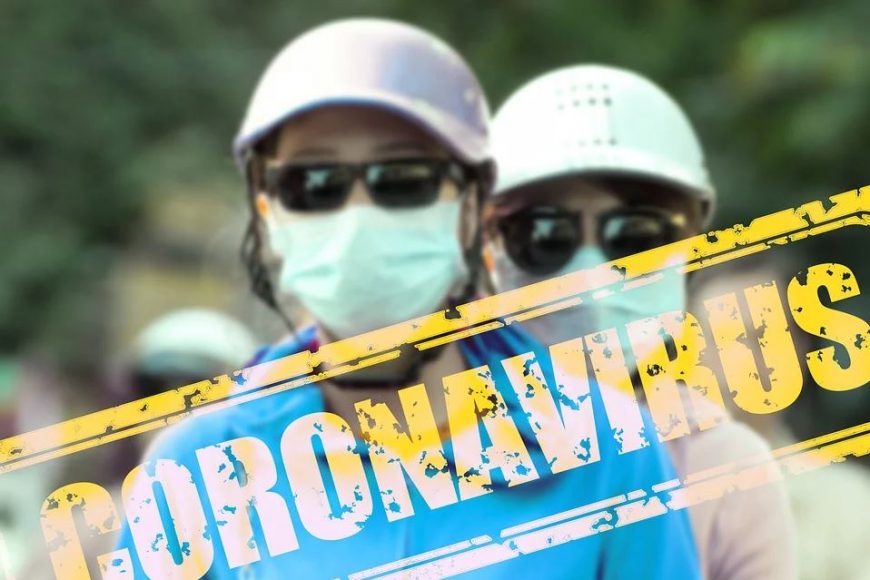Increasingly Slow Immigration Processing Times Have Cost Employers $2.4 Billion in Premium Processing Fees Since 2014
In recent years, employers have become more aware of the impact that the United States Citizen and Immigration Service’s (“USCIS”) slow processing times have on their employees, business practices, and underlying revenue. To combat the delay, many employers opt to pay USCIS’s $1,440 Premium Processing fee. The Premium Processing benefit allows employers to receive a decision on their case within 15 calendar days.
An exception to the 15-day rule arises if USCIS issues a Request for Evidence (“RFE”) wherein the 15-day clock stops and restarts after the RFE response has been submitted. USCIS issued an RFE in almost 50% of all H-1B petitions in the first quarter of FY 2020, which has added anywhere from 2-8 weeks to the processing times for employer petitions depending on the extent of the RFE requests.
Additionally, a rule proposed by the Department of Homeland Security (“DHS”) in November 2019 would alter Premium Processing timing requirements from 15 calendar days to 15 business days, which would further lengthen employer wait times.
Critics argue that USCIS has taken advantage of U.S. employers by failing to hire more staff or implement more efficient systems/methods to combat its processing delays, and instead has become reliant on employers opting to pay Premium Processing fees in order to have their cases processed in a timely manner. The Trump administration has exacerbated the problem by instituting a hiring freeze for USCIS which bars the agency from hiring any new staff with a limited exception provided for asylum officers. Additionally, the administration’s FY 2020 budget transferred over $200 million in USCIS fee money to Immigration and Customs Enforcement (“ICE”).
Since fiscal year 2014, USCIS has generated $2.39 billion in Premium Processing fees. This staggering figure was only obtained as a result of a Freedom of Information Act request filed by a federal litigator, who stated the following in an interview related to his findings:
“If you don’t upgrade to premium [processing], the agency will take up to a year to make a decision at current rates…If you upgrade, you may get a decision in 15 days. It’s almost like the agency is intentionally slow rolling the adjudication of these petitions as a way of extorting money from companies for premium processing.”*
The chart below outlines the extent of employer-funded Premium Processing Fees for FY 2014 through FY 2019*:
| Classification | Premium Processing Fees Generated |
| E | $15,506,416 |
| H | $1,579,787,435 |
| L | $211,115,350 |
| O | $111,854,845 |
| I-140 | $474,367,750 |
| Total | $2,392,631,796 |
When USCIS increased its Premium Processing fees in 2018, it stated that “USCIS intends to hire additional staff and make investments in information technology systems with the premium funds that are generated by the fee increase.” However, policies and practices that followed the fee increase have had the opposite impact on processing times. Members of Congress and employer groups have continued to press USCIS for answers regarding the delays while pushing for policy improvements, but it is uncertain when and if employers can expect any noticeable improvements in their immigration processing times.




